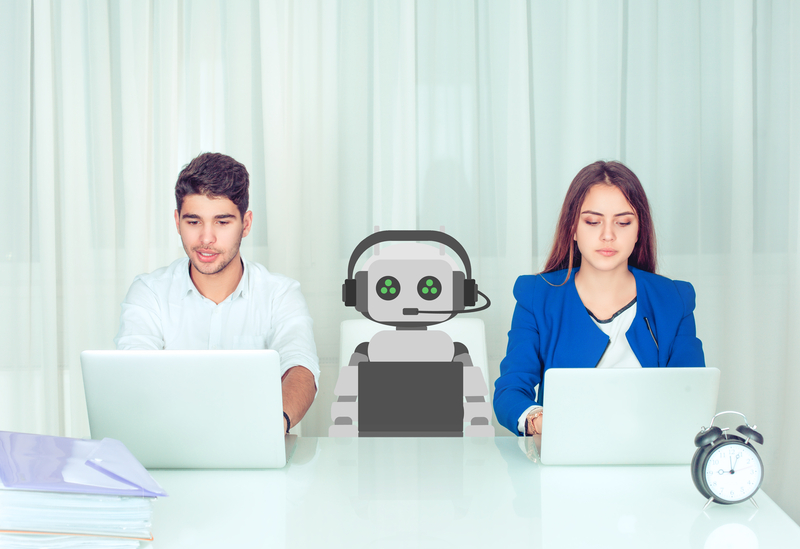
Photo: Svetlanaguban | Dreamstime.com
Generative AI could boost government productivity by $1.75 trillion a year
13 December 2023
by Sarah Wray
Use of generative artificial intelligence could create productivity gains of US$1.75 trillion per year in the public sector globally by 2033, according to a new report from Boston Consulting Group (BGC).
The analysts said the projection uses inputs from Pearson-Faethm modelling and reflects productivity gains across all national, state and local governments and across all domains such as legislative, administrative, courts, healthcare, education, transportation and security.
Faethm by Pearson is a proprietary model for estimating the impact of technologies on jobs and tasks at a country level.
The projected benefits include US$519 billion a year across all governments in the US and US$128 billion in the UK. Germany and France could see gains of US$85 billion and US$83 billion respectively, and Canada is forecast to generate efficiencies worth US$73 billion per year.
Use cases
According to the analysts, the highest potential current generative AI use cases for the public sector include summarising documents and meetings, reviewing and drafting procurement contracts, customer engagement with citizens and businesses, and developing and testing software code.
However, the report finds that the conditions are not yet in place for government organisations to use generative AI at scale. BCG highlighted risks related to accuracy, reliability and control, privacy and confidentiality, bias, and intellectual property ownership that must be addressed before the full potential of generative AI can be realised in the public sector.
“While public sector adoption of GenAI is still in the early stages, the profound potential of this technology cannot be overlooked,” said Miguel Carrasco, global leader for BCG’s Center for Digital Government. “The time to act is now. Public sector leaders must be prepared to experiment and innovate and accelerate the use of GenAI to maximise its substantial benefits for both government and citizens.”
Several cities and states have begun to experiment with generative AI and introduced guidelines for staff.
Impact on jobs
The findings on “productivity gains” could raise concerns about generative AI leading to significant job cuts in the public sector. According to BCG, “modelling predicts the impact will be more nuanced.”
It says that although certain efficiencies may result in a decreased demand for labour, “governments will likely reinvest the gained productivity benefits to address citizens’ unmet needs or engage in higher value-added activities.”
“Scaling GenAI across the public sector will deliver value from taxpayer savings, a more engaged workforce and higher quality of public services,” said Richard Sargeant, a BCG managing director and partner.
“The productivity and personalisation benefits for citizens of AI-powered government will be vital in an era where government spending around the world will be challenged by tougher economic conditions and increasing demands for public services. Moreover, governments will demonstrate the technological competence and innovative capacity that sustains the covenant of trust between citizens and the state.”








